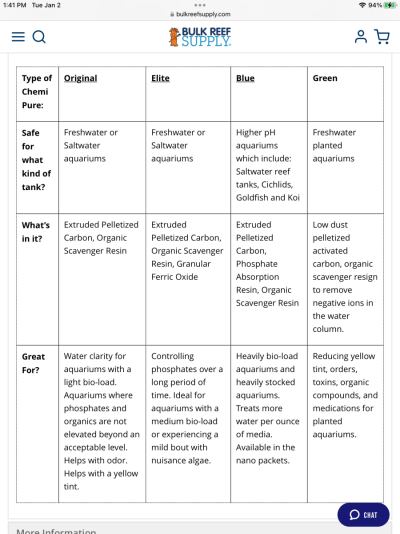Take your ORP probe, put it in a cup of 1:10 bleach solution for 10-20 minutes, rinse in RO, then add it back to the tank.With my ORP already running this high, daily peak of 350, what would be my max for ozone and would I be severely limited on how long I could run it? Can it be run longer but at a slower rate? Note: the big ORP dip was due to my monthly water change.
After a few days you will see the correct reading.





















